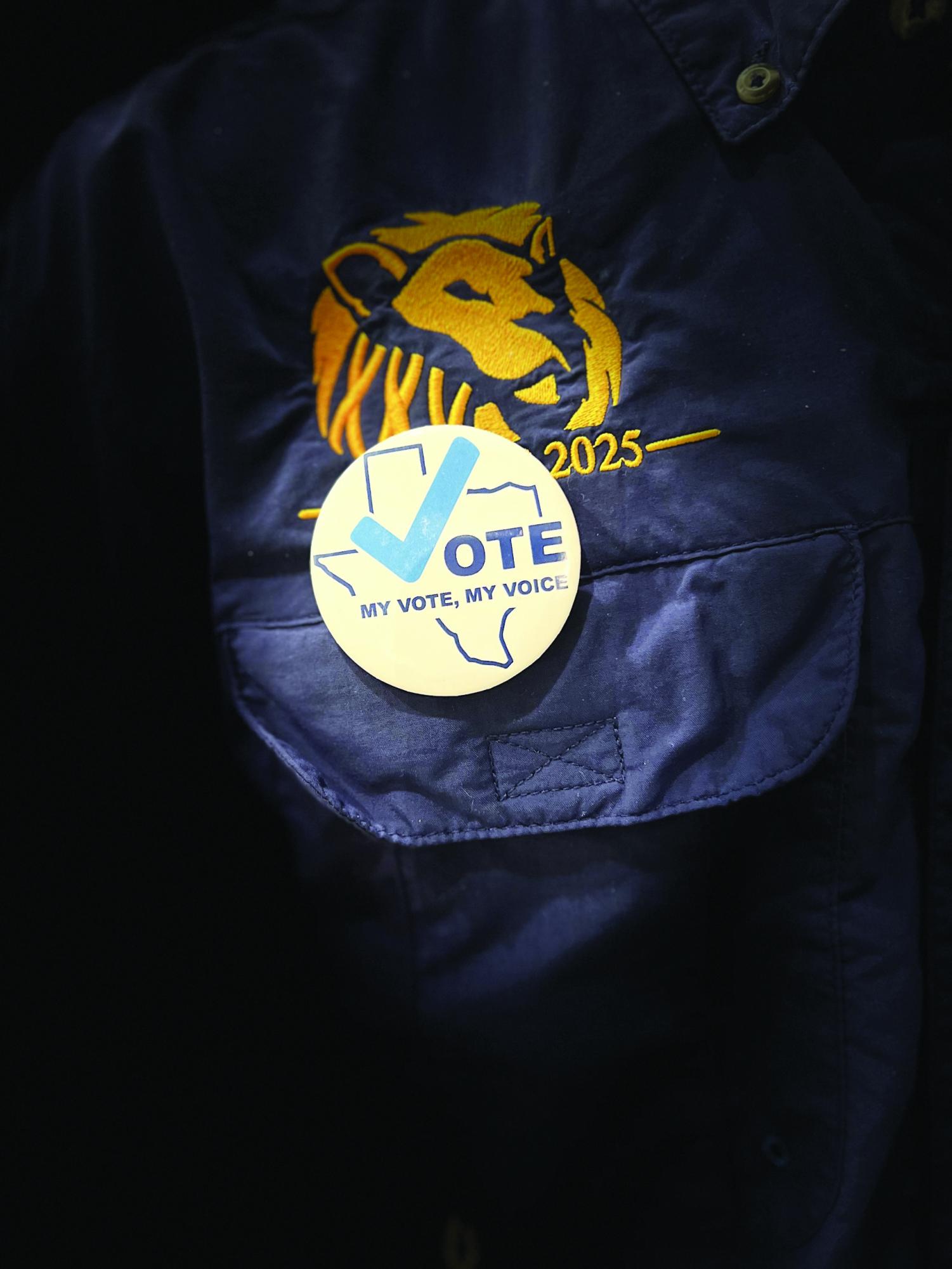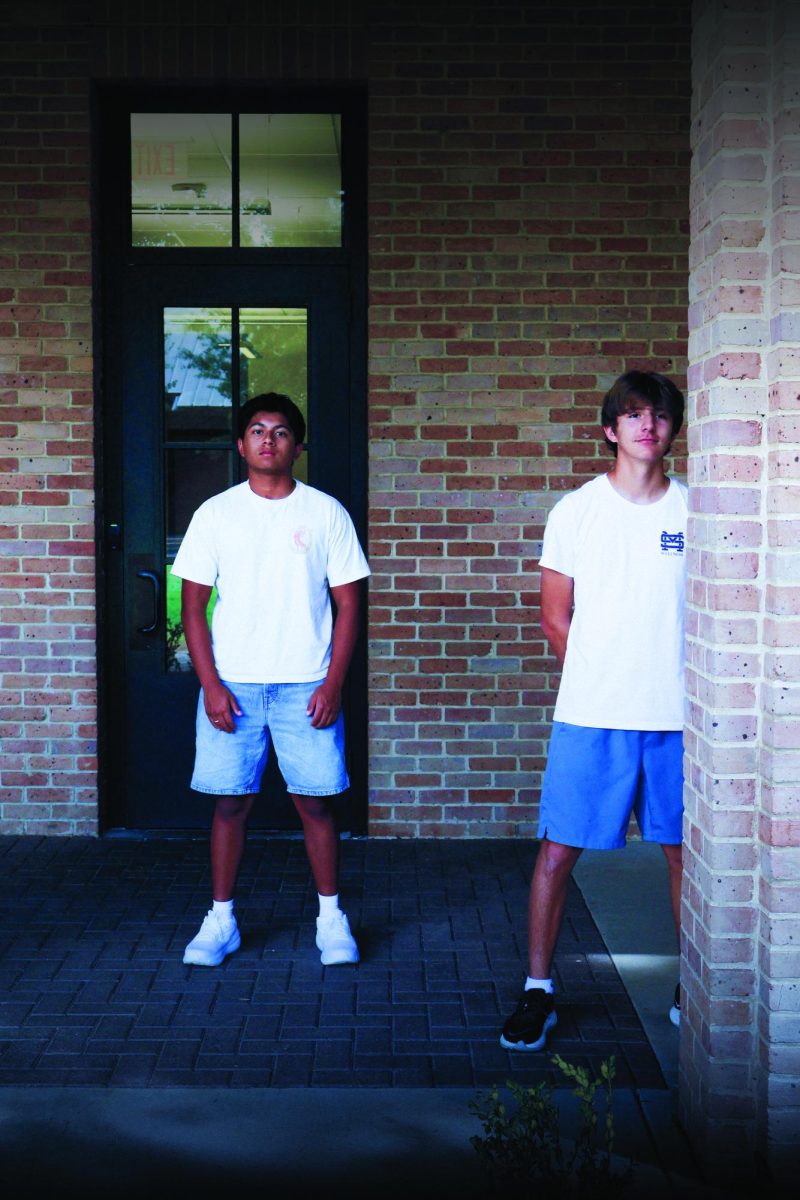As the 2024 presidential election looms, political discourse dominates our daily lives.
Everywhere you turn, there’s talk of presidential candidates, national policies and the perceived threats to our country’s future.
This constant barrage of information or even misinformation can be overwhelming, especially for young voters, leading to a growing sense of voter apathy among younger generations.
To first-time voters, politics seems merely an issue that divides friends, neighbors and families.
But this intense focus on national politics, while important, often overshadows an equally crucial aspect of our democracy: local elections.
As Americans, it’s our duty to vote — not just every four years in presidential elections or even every two for Senate races — but all the way down the ballot for our local representatives.
The president holds power at a national level, but without the voices of our local officials, change can’t be made in our communities. The outcomes of these local elections often have the most direct and immediate impact on our lives.
From governors and mayors to school board members and sheriffs, local officials create the policies that affect our communities daily. These elected representatives make decisions about education funding and curriculums, local tax rates, fixing roads and urban development, environmental regulations, public transportation, healthcare access and more.
Local officials are also more accessible than national politicians, as it’s much easier to voice your concerns to a city council member or county commissioner than to a U.S. Senator or the President.
Additionally, many elections address multi-million dollar school bond issues to improve local school districts. Even if a resident is not directly involved with their local school system, these bonds directly affect a community’s debt, as well as individual taxes and property values.
Still, local elections consistently see much lower voter turnout compared to national elections.
In 2023, only nine percent of registered voters in Dallas participated in the county’s general elections. Compared to a 65 percent voter turnout in the 2020 presidential election or even a 44 percent turnout in the 2022 senate race, this highlights a dangerous disconnect between citizens and their local governance.
This disparity is a missed opportunity for citizens to make an immediate difference in their community.
There is also a common misconception that a single vote doesn’t matter when it comes to local elections. But because of lower voter turnout rates, each vote carries more weight and can even shift the entire makeup of the government.
Local races are often decided by slim margins, sometimes coming down to just a handful of votes. Your participation can truly make a difference in shaping your city’s future.
Students and young voters in particular need to vote.
Those in the 18-29 age group consistently have the lowest turnout rates across all elections. In 2022, only 23 percent of youth nationally voted, with even lower numbers in Texas.
This means that the voices and interests of young people are dramatically underrepresented in our political system, while the issues decided in local elections often have the most significant long-term impact on younger generations.
If students want the opportunity to make sure that their voice is heard, they must vote.
By not voting, young people are allowing older demographics to shape the future they will inherit.
While 62 percent of adults feel democracy is at risk, according to a recent poll from The Associated Press-NORC Center for Public Affairs Research, the solution begins at the local level.
Strong local governments are the foundation of a healthy national democracy.
Yet, in Dallas County, turnout numbers are decreasing; in the 2018 general election, 729,749 people voted out of 1,398,469 registered voters, compared to just 625,391 out of 1,420,223 registered voters in 2022.
Our democracy is not a healthy one if Americans don’t exercise their right to vote in all elections.
Even for those not yet eligible to vote, understanding the election process and the roles of local officials is crucial. This knowledge forms the basis for informed civic engagement in the future.
Students can start by following local news and current events, participating in school government or community organizations, or even attending town hall meetings. These activities broaden students’ horizons to give them a voice in their communities now.
Local politics may not always be as exciting or headline-grabbing as national affairs, but it’s the most direct way for citizens to have an impact on their daily lives.
As we approach the 2024 elections, let’s broaden our focus beyond just the presidential race. It’s time to commit to learning about your local candidates and issues. Mark your calendars not just for national election days, but for all local elections as well. Encourage others to do the same.
Your vote matters. You hold the power to make change. Use it wisely, use it often, and start by using it locally. The future of your community — and indeed, of our democracy — depends on it.











